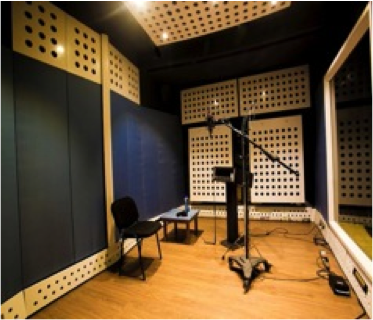Difference between live sound engineering and Studio Engineering

This is a topic on which I get a lot of queries, hence thought to write down my views about
it. In SoundideaZ academy we regularly get this query about what is the difference between
Live Sound engineering and Studio Sound engineering, Students for sound engineering need
guidance to choose the right faculty.
Studio Sound Engineering
Lets discuss what is Studio Sound engineering.
You have a well-designed acoustic space, which is an ideal environment for you to take the
right decisions for your recording or mix. You invite musicians and vocalists to come here
and record. The studio is acoustically designed isolated space. You ideally have no issues
with external sounds leaking in your studio. The spectral balance of the control room as
well as the dubbing room is pre designed.
The power supply for both the rooms is well filtered and regulated. The power connections
in this studio are well distributed with respect to equipment load.
The equipments installed in the studio are ordered with deep research. The cabling of these
equipments are done through patch panels and utmost care is taken for laying cables, so
that it does not catch the interference from power cables.
The monitor speakers are correctly mounted and are tuned according to the control room
response. A proper calibration process is followed while the studio is commissioned.
There generally are two sets of speakers, one is far field and one is near field, depending
on the size of the control room.

Hence whatever audio is recorded or played back there is heard in an ideal environment.
The sound engineer is the one who is sitting at the sweet spot in the studio and judging
the sound and taking decisions. There is no audience per say in the studio; the only people
involved would be the Music composer and the producer.
The ability to understand the studio environment and adjust to it allows the engineer to
take the right decision. Whatever decisions are taken there is reflected in the mix
created in that room. It’s the engineer’s responsibility to ensure that his mix translates
exactly on any audio system in the world. It’s very rare to say that it translates
exactly, but yes it can up to 90%. It’s a very artistic job to ensure that what you hear
in the studio exactly translates out.

• Now about the engineer. The expertise needed for the studio engineer is a completely
different skillset than needed for a live sound engineer.
• The studio engineer normally listens to the audio in a soft volume level.
• He has enough time to take his decisions compared to the live sound engineer.
• He can take and discuss his decisions with the music composer and producer
• He can transfer his mixes and go out and listen to them in different systems.
• He still has scope for doing corrections.
In the next issue we will discuss live sound engineer.